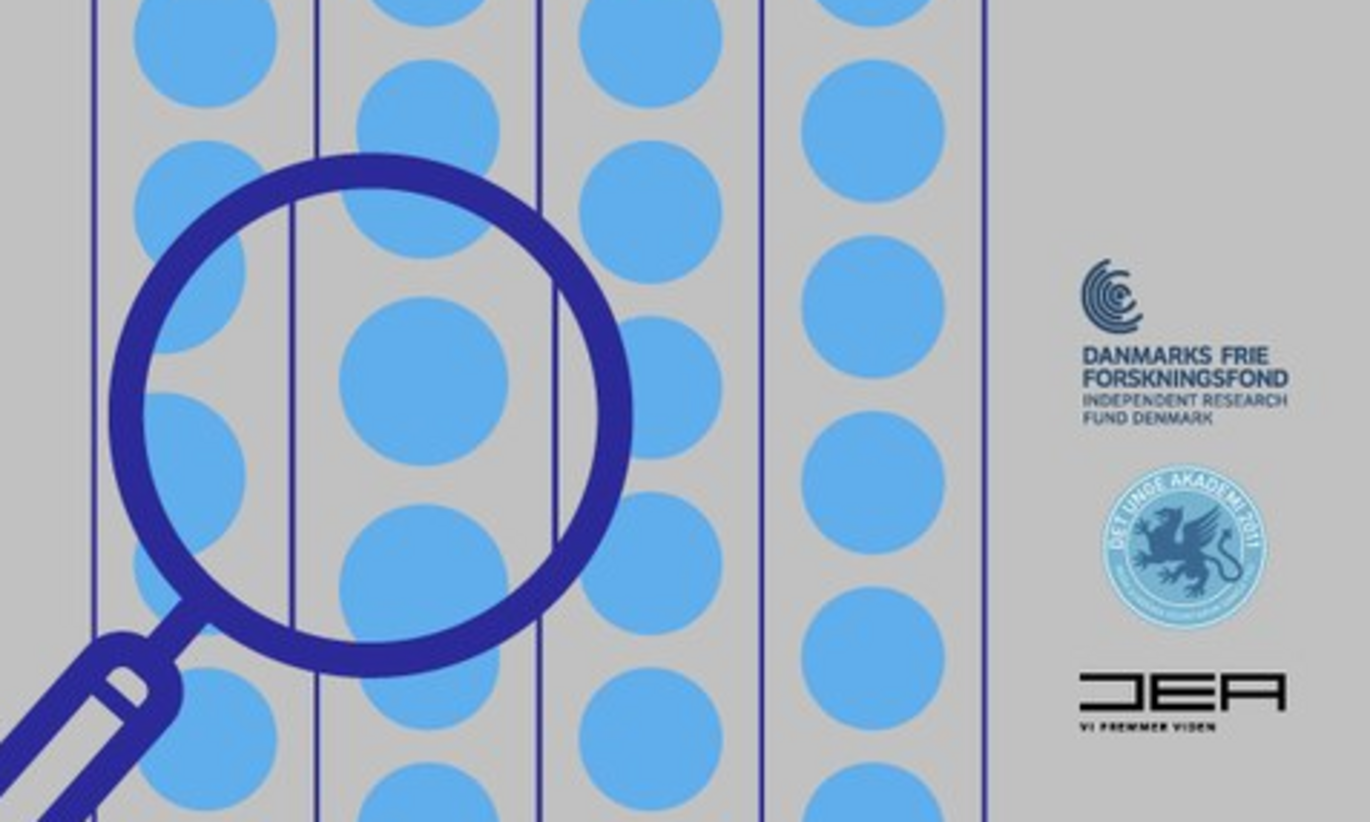Most scientists prefer small and mid-sized research grants
In a Nature Human Behaviour ‘Comment’ this week, AIAS Fellow and Deputy Director Nikolaj T. Zinner and collaborators encourage funding bodies and policy makers to critically address the question of funding size and how funding is granted to best advance science. The encouragement is based on a Danish survey.

In the ‘Comment’ entitled ‘Most scientists prefer small and mid-sized research grants‘ in Nature Human Behaviour, AIAS Fellow and Deputy Director Nikolaj T. Zinner and collaborators address the absence of the scientists’ perspectives on research funding. They base their discussion and recommendations in a Danish survey made by The Think Tank DEA, The Independent Research Fund Denmark (DFF), and The Young Academy under the Royal Danish Academy of Sciences and Letters. The survey was conducted while Nikolaj Thomas Zinner was a representative of The Young Academy in Denmark.
The survey has investigated what type of grant researchers would prefer, establishing that most researchers prefer small or mid-sized grants to pursue their ideas and to advance their scientific careers. In fact, 73% of the respondents prefer a grant of DKK 3-10 million, which in a Danish context is considered a small or mid-sized grant. The survey found that the distribution of this preference was consistent across research fields, genders and academic positions.
The researchers’ preference stands in contrast to a trend towards larger and larger grants. A trend that is concentrating large grants on the hands of a few scientist with well-established research groups, making the career path for early-career and less-established researchers very difficult.
Although the survey is conducted in Denmark, the authors note that the Danish funding landscape share some common traits with other Western countries, such as the crucial role that external funding play for the university as well as for the individual scientist and the highly competitive nature of the external funding schemes. The authors, therefore, encourage funding bodies and policy makers all over the world to engage critically in a discussion with scientists about the ‘ideal’ grant: what is best suited to advance science – both the established and novel and ‘disruptive’ research; both for the less-established and established researchers. A discussion that is crucial to maintain diversity, scientific breakthroughs and the advancement of research in the future.
Read the full article
‘Most scientists prefer small and mid-sized research grants‘ by Henrik Dimke, Maria Theresa Norn, Peter Munk Christiansen, Jeppe Wohlert and Nikolaj Thomas Zinner in: Nature Human Behaviour, 17 June 2019 https://www.nature.com/articles/s41562-019-0643-1
Read Danish article
with comments by Peter Munk Christiansen, former Chairman of The Independent Research Fund Denmark (DFF), Professor, and Head of the Department of Political Science, Aarhus University: http://ps.au.dk/aktuelt/nyheder/nyhed/artikel/forskningspolitiske-anbefalinger-fra-danmark-er-ude-internationalt/
More about the survey
The survey was made by The Think Tank DEA, The Independent Research Fund Denmark (DFF), and The Young Academy to investigate what types of grant researchers would prefer. A survey questionnaire was sent to 923 researchers, who had received at least one grant from DFF during the period of 2010 to 2014. Almost half of them – 455 researchers – participated in the survey, in which they were asked a number of questions about their ‘ideal next grant’, that is what type of grant they believed to be necessary to fund the project that would enable them to take their research or their research career to the next level. Respondents were also asked to indicate the minimum number of years their ideal grant should provide funding for, as well as the desired number and types of staff they would like to connect to the project. Information was also collected on respondents’ prior funding achievements (i.e. the size and source of their latest and largest research grants) and, for principal investigators, the current size and staff composition of their research groups.
Read the Danish survey here
https://thinktankdea.org/publications/grants
Contact
Nikolaj Thomas Zinner, AIAS Deputy Director, zinner@phys.au.dk
Aarhus Institute of Advanced Studies, AIAS
Høegh-Guldbergs Gade 6B
DK-8000 Aarhus C
Denmark
